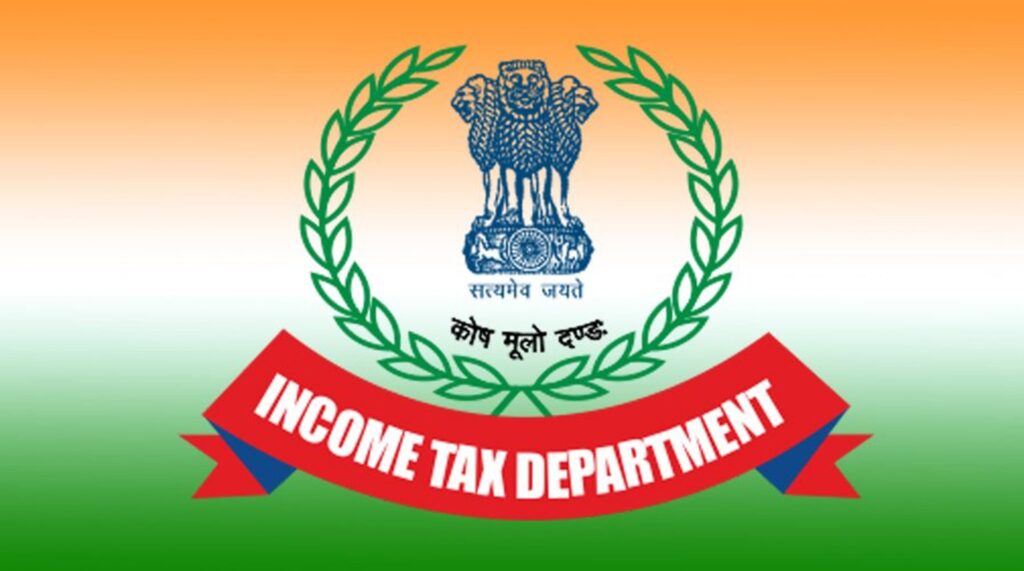New Delhi: The finance ministry on Monday said there is no change in the new income tax regime for individuals for the current fiscal year and individual taxpayers can opt out of the regime at the time of filing their ITR.
Clarifying on social media posts claiming certain changes in the new tax regime effective April 1, the ministry said, “There is no new change which is coming in from 01.04.2024.”
A modified new income tax regime was rolled out from the financial year beginning April 1, 2023, for individuals under which the tax rates are “significantly lower”.

However, the benefit of various exemptions and deductions (other than standard deduction of Rs 50,000 from salary and Rs 15,000 from family pension) is not available, as in the old regime.
“New tax regime is the default tax regime. However, tax payers can choose the tax regime (old or new) that they think is beneficial to them… Option for opting out from the new tax regime is available till filing of return for the AY 2024-25,” the ministry said.
Under the new I-T regime, income of up to Rs 3 lakh is exempt from tax. A 5 per cent tax is levied on income between Rs 3-6 lakh, 10 per cent for income between Rs 6-9 lakh.

Income between Rs 9-12 lakh and Rs 12-15 lakh is subject to 15 per cent and 20 per cent tax, respectively. A 30 per cent I-T would be applicable on income above Rs 15 lakh.
The new tax regime was set as “a default regime” from 2023-24 and the Assessment Year corresponding to this is AY 2024-25. This can be changed by the taxpayer at the time of filing Income Tax Returns (ITR) by an individual.
Eligible persons without any business income will have the option to choose the regime for each financial year.

So, they can choose new tax regime in one financial year and old tax regime in another year and vice-versa, the ministry said in a statement.
The old tax regime which is still in force and offers a host of deductions and exemptions, exempts income up to Rs 2.5 lakh from taxes.
Income from Rs 2.5-5 lakh attracts 5 per cent tax, and 20 per cent for income between Rs 5 lakh and Rs 10 lakh. A 30 per cent tax is levied on income above Rs 10 lakh.
PTI
